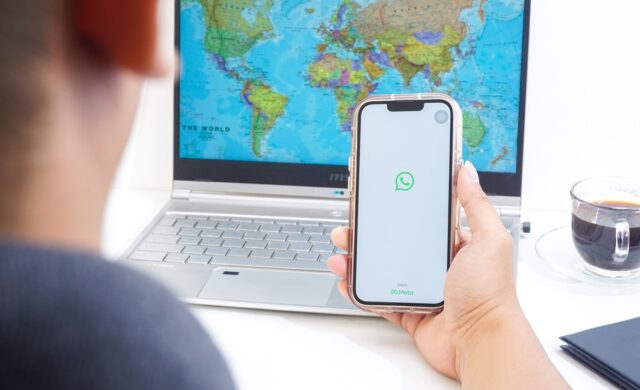October 29, 2025
Fraud Teams Are Becoming Banks’ Biggest Selling Point

Security used to be something customers took for granted: an invisible layer that simply worked in the background. Not anymore.
A new FICO survey finds that 70% people in the UK now put fraud protection near the top of their list when choosing a new bank. More than a third say it’s the single most important thing. In other words, safety now sells.
American consumers feel the same way — 97% of them said fraud protection is the single most important factor when picking where to bank. Those fears are usually grounded in unfortunate real-life experiences.
Safety First
People care less about perks and more about peace of mind. Cashback, interest rates, and even customer service trail behind the promise of strong digital defences. Things like Card theft, fake accounts, and identity scams are what drive decisions today.
“The fraud team might be considered an overhead, a necessity to cut fraud losses, but our survey suggests the fraud department is vital for attracting new customers and building trust. Customers need to trust their financial services provider, which is why it’s critical for banks to ensure fraud checks and identity proofing are appropriate and proportionate. They should be able to deliver personalised and timely communications about the process to their customers,” said James Roche, Principal Fraud Consultant for FICO in EMEA.
Security Beats Speed — But Only Just
The study paints a picture of a public that’s wary but impatient. Half of the respondents expect to open a personal account in under 30 minutes. Yet 20% abandon the process entirely if verification drags on.
The tension between safety and simplicity is where banks are fighting for loyalty. People want to feel protected, but they don’t want to feel tested.
Biometrics could improve the overall consumer sentiment. Around 40% of customers say fingerprints are their preferred way to prove who they are. Just over half think biometric tools in general are excellent. Fingerprint and facial scans dominate everyday use, though iris scans, rare as they are, earn the highest marks for trust.
The Hidden Growth Department
Fraud teams were usually regarded as cost centres. They caught problems, they stopped losses, and that was the end of it. Now they could be influencing first impressions.
With 40% of people more likely to open a bank account online than they were a year ago, the first interaction many have with a brand isn’t a branch visit but an identity check. If that goes smoothly and feels secure, it sets the tone for the entire relationship.
Fraud prevention has quietly become the new marketing. Banks that understand this aren’t just stopping fraud; they’re winning customers.



